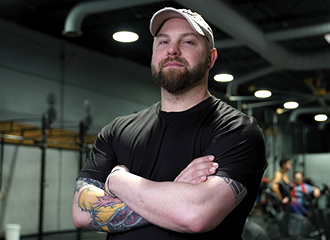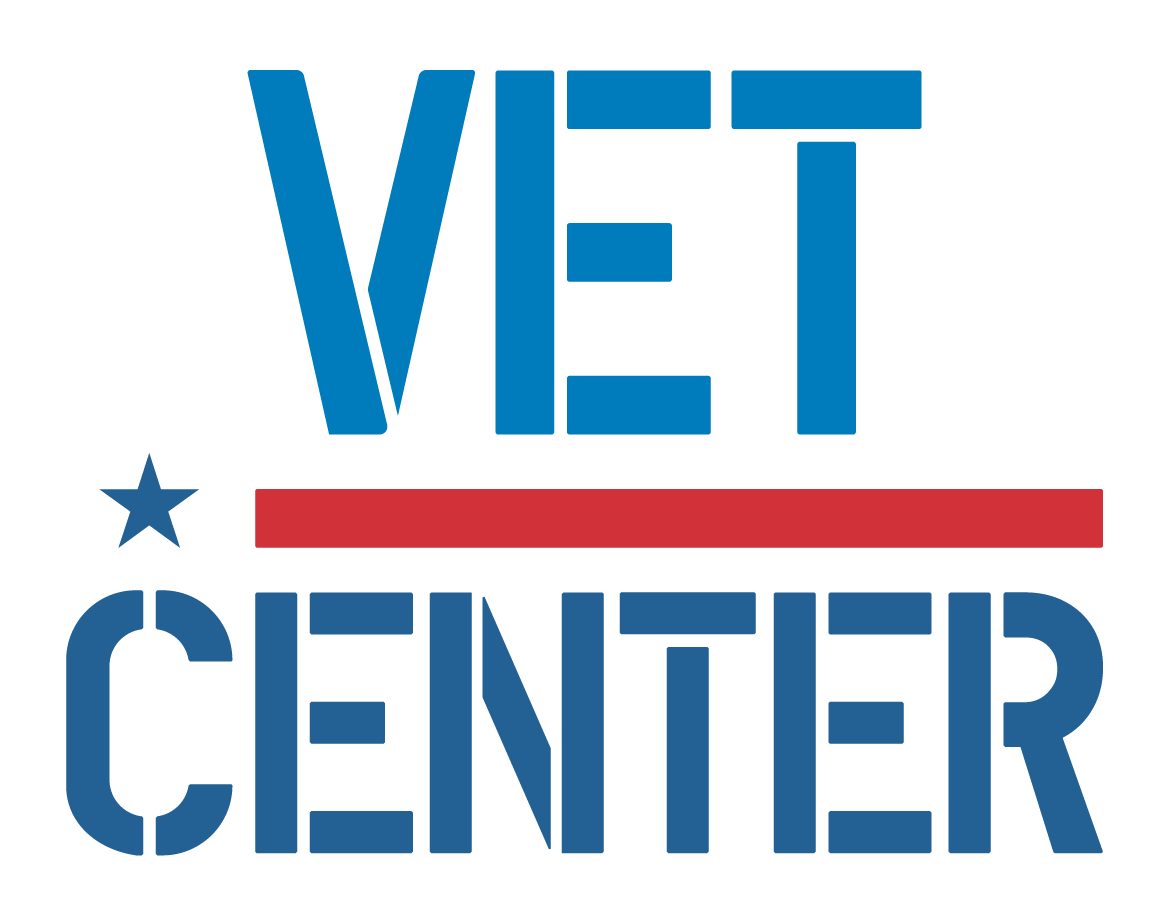Problems like stress, posttraumatic stress, health concerns, depression, anxiety, irritability, insomnia, feeling out of place or disconnected, or difficulties with memory may interfere with strong relationships. Family members and friends may not understand these problems very well, including how they can affect relationships. Veterans who have experienced traumatic events such as combat or sexual assault often find it especially difficult to talk to their loved ones.
Military training rewards self-reliance, so your first instinct when facing any problem may be to withdraw or isolate from others instead of sharing what you are going through. It can also feel like you are protecting your loved ones by not sharing information. But instead, it can cause you and your family members to feel disconnected or distant.
“Even though I tried hard to care about certain things again, especially the issues my wife and I were having, at the end of the day I was still numb to a lot of it. Many of my problems at home seemed to pale in comparison to the things I had to overcome during my deployment.”
Relationship issues can make it difficult to enjoy life: You may feel as if no one understands you, and as a result, you may lash out or pull away from the people in your life.
Sometimes relationship problems involve emotional or physical abuse. Behaviors that are fear-inducing, controlling, demeaning, intimidating, or physically or emotionally abusive or violent are signs of an abusive relationship. Whether you are on the receiving end of these behaviors or your behavior is what's harmful or scary to others, it's essential to find support. Family members, friends, or a professional—such as a doctor or counselor—can help you learn healthier ways of relating that do not bring harm to others.
You may want to reach out for help if you are experiencing any of these problems over a long period of time, or if others have pointed these out to you:
- Feeling misunderstood or disconnected from your family and close friends or having them tell you they feel distant or pushed away
- Having difficulty communicating
- Feeling distant from your spouse/partner even if you initially felt very close when you first returned from deployment
- Feeling like a stranger in your own home
- Feeling emotionally distant or numb or avoiding closeness with others
- Withdrawing from participation in social activities
- Feeling lonely
- Believing that you're a burden to others
- Acting or feeling angry or aggressive toward others in your life
- Withdrawing from planned activities or not returning people's calls
- Not being able to confide in others like you used to
- Losing patience with family members, including children
- Drinking alcohol more often or taking drugs
- Feeling constantly on edge
- Being angry or irritable
- Losing interest or pleasure in things you normally enjoy
- Having difficulty living your usual life or just getting through the day
Many Veterans have overcome relationship problems that arose after time away from family or after traumatic events or stressful situations. Here are some tips they have found to be helpful:
- Address the issue as soon as you realize it's happening to prevent it from getting worse.
- Make a communication plan for expressing your thoughts and feelings with those you care about by thinking about what you want to say and how you want to convey it. Writing these thoughts and feelings down can often help.
- Listen to what others who care about you have to say.
- Talk with others who may be experiencing similar issues.
- Exercise regularly to help relieve stress and boost your mood.
- Practice relaxation exercises such as deep breathing.
- Make an effort to spend time with people you care about to relax or have fun.
- Find something social to do, such as a hobby, or volunteer work, or becoming involved in a Veteran's group or place of worship.
- Balance alone time and together time.
“Just like we all say in the service, ‘It’s all about that person to your left and right.’ Those are the kinds of relationships that kept us strong — and kept us alive — while we were in, and it’s just as important to maintain that strength in our personal relationships now that we’re out.”
Talking to your family and friends about the difficulties in your relationships can be an important first step. While it can be difficult to share your feelings, it's important to explain what you're experiencing to them. They may get a better understanding of your circumstances and help you find support. You may also want to use support services to help you better express yourself with your family and friends.
Every day, Veterans from all military service branches and eras connect with proven resources and effective treatments. Here’s how to take the next step: the one that’s right for you.
New to VA? Apply for health care benefits.
- Getting started is simple. Create a free account online to help ease your enrollment process. To prepare to apply for VA health care in person, by telephone, or by mail, explore VA’s “How to Apply for VA Health Care” page.
- Not sure whether you are eligible for VA health care benefits? Read about eligibility for VA health care.
- Unsure of what kind of help you need? Call 877-222-VETS (877-222-8387) to find the right resources to meet your needs, Monday through Friday, 8:00 a.m. to 8:00 p.m. ET. If you have hearing loss, call TTY: 800-877-8339.
- Veterans’ family members and caregivers can see whether they qualify for VA medical benefits as a spouse, surviving spouse, dependent child, or caregiver. Explore family and caregiver health benefits.
Already enrolled in VA and interested in mental health support? Schedule a mental health appointment.
- If you’re already enrolled in and using VA health care, the fastest way to schedule VA appointments is to call the VA facility where you want to receive care.
- With VA appointments tools, you can schedule some VA health care appointments online, view details about upcoming appointments, and organize your health care calendar.
- If you’re not using VA medical services, contact your nearest VA medical center or Vet Center to talk about your needs.
What about other options at VA? VA offers a variety of tools and resources.
- The Veteran Training online self-help portal includes modules on managing anger, developing parenting and problem-solving skills, and more.
- Mental health apps for Veterans cover a variety of topics, ranging from PTSD to anger management to quitting smoking.
- VA TeleMental Health connects you with a VA mental health provider through a computer or mobile device in your home or at your nearest VA health facility. You can learn more about this option from your local VA medical center.
- Community-based Vet Centers provide confidential counseling, community engagement and referral services to eligible individuals and their families. You don’t need to be enrolled in VA healthcare or have a service connection to receive services. Find a Vet Center near you or call 877-927-8387, 24/7 to talk with a fellow Veteran about your experiences.
What about support outside of VA?
FindTreatment.gov and the National Resource Directory list programs outside of VA. Use these tools to find resources near you.
Learn more about what you can do if you are experiencing specific concerns related to relationship problems, such as stress and anxiety, depression, posttraumatic stress, and alcohol or drug problems.











